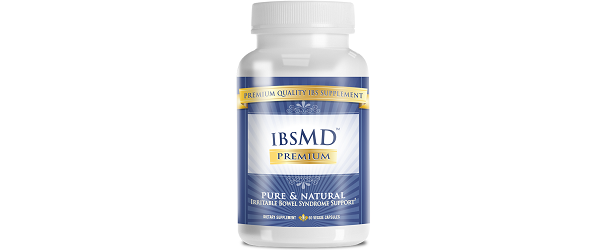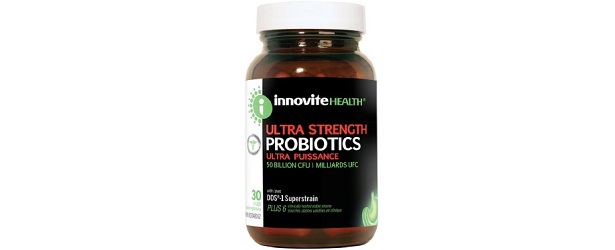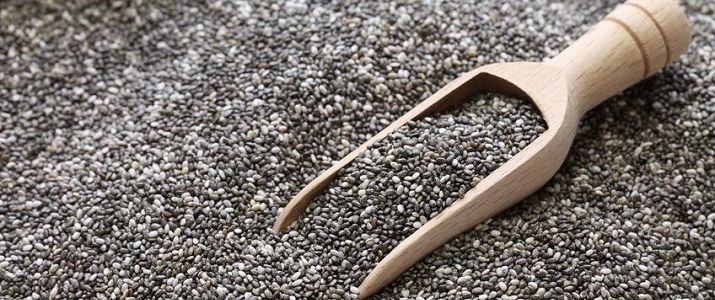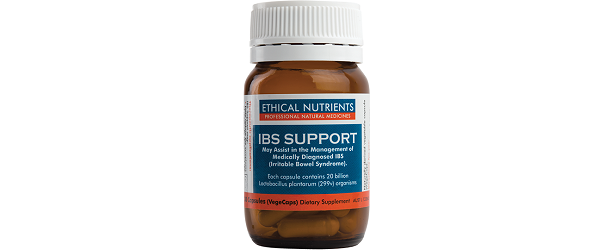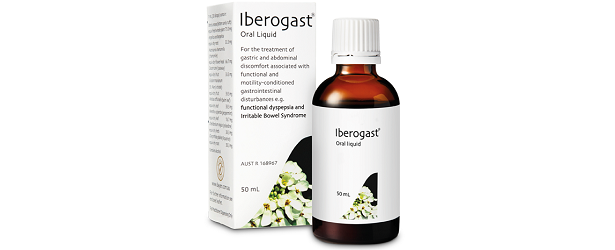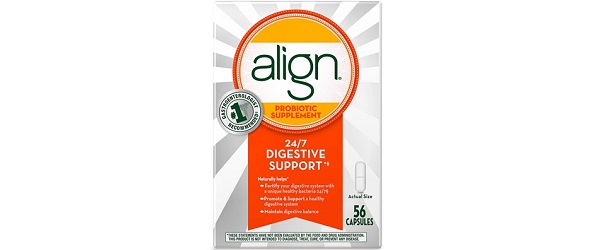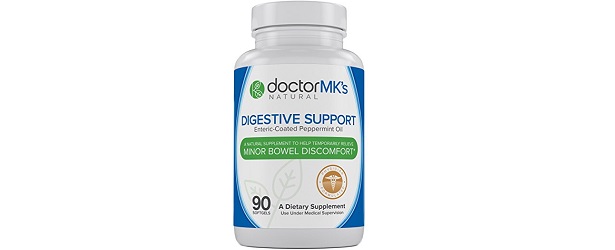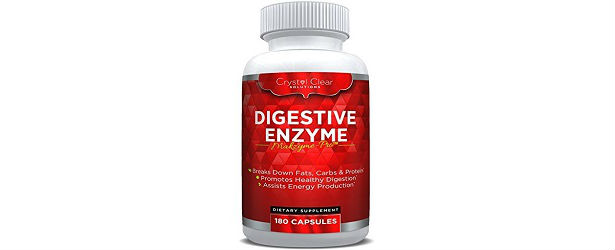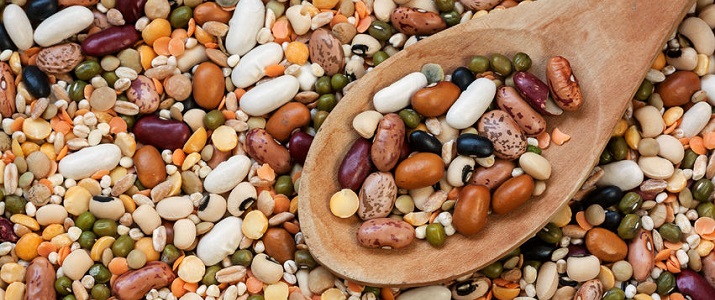
Typical Foods To Avoid With IBS
Irritable Bowel Syndrome or IBS is a disorder that affects the large intestine. Symptoms include cramping, abdominal pain, bloating, gas, diarrhea and/or constipation. It is estimated that 10-15 percent of the American population is suffering from some degree of IBS but only a fraction will be diagnosed with the disease. Many will resort to medications to manage their symptoms but it is possible to get IBS under control through diet. Continue reading to learn tips on what foods to avoid if you have been experiencing symptoms of IBS.
Foods to Avoid
- – comes from milk and any other dairy products like cheese, ice cream, pudding, and coffee. Humans are the only species that are able to digest milk after infancy although most humans are not able. The issue with lactose intolerance is not that a person is allergic to dairy, rather their immune system does not respond to the milk. The person is unable to digest lactose. It is a genetic mutation that any person is able to digest dairy after infancy. The body stops producing the enzyme that digests lactose, lactase, usually between the ages of two and five. Undigested sugars wind up in the color where they begin to ferment and subsequently produce gas that causes gas, bloating, diarrhea and nausea. If you are suffering from IBS, eating dairy can amplify and worsen your symptoms. Lactose is one of the first foods that doctors will recommend cutting out from a diet for a person suffering from IBS.
Eat Instead: With veganism rates steadily increasing across America, there are a variety of soy based cheeses, milks and ice cream that can make it easier to transition to a dairy-free diet.
- – fructose malabsorption is a digestive disorder in which a person does not have the required fructose carriers in the small intestines to properly absorb fructose. Symptoms are similar to general IBS symptoms like gas, bloating, diarrhea and/or constipation. Fructose levels are high in fruits like apples, pear, watermelon, dried fruits and fruit juices.
Eat Instead: Replace high fructose fruits with lower ones like bananas, cantaloupe, grapes, lemons, strawberry, and blueberry.
- Legumes and Beans – are harder to digest because they contain carbohydrates called oligosaccharides which are a type of sugar that is not absorbed well by the body. They require an enzyme called alpha-galactosidase that will help break them down so that they can get absorbed. Many people do not produce enough of this enzyme which means that the sugar are left in undigested and available in the intestine to become infested with bacteria. This can cause symptoms like bloating, gas and abdominal pain. People with IBS do not produce enough alpha-galactosidase enzyme which can make it especially hard to digest beans and will cause their digestive tract to be launched into distress.
Eat Instead: There are not many legume replacements that are recommended for people suffering from IBS. It is often best to avoid eating them altogether.
If you have not yet been diagnosed by your doctor with IBS but you relate with many symptoms, make sure to set up an appointment with your doctor to rule out other possible digestive abnormalities and to get an official diagnosis. Consider talking to your doctor about making changes in your diet in order to naturally get your symptoms under control.
TOP 5
IBSTreatments |
|||||
| IBS Clear | BioGanix BioZyme Digestive Enzymes | Nature's Sunshine Food Enzymes | Herbs of Gold IBS Advanced | Kijimea IBS | |
|---|---|---|---|---|---|
| 1 | 2 | 3 | 4 | 5 | |
| Price (1 bottle) Price (6 bottles) best value |
$49.95 $139.70 |
$45.95 $183.80 |
$39.95 $239.70 |
$39.95 $239.70 |
$42.94 $257.64 |
| Overall Rating | 98.7% | 82.00% | 71% | 64% | 61% |
| Effectiveness |





|





|





|





|





|
| Speed of Results | Extremely Fast | Fast | Good | Average | Slow |
| Quality of Ingredients | Premium | Good | Good | Average | Average |
| Customer Satisfaction Evaluation | 99.50% | 81% | 79% | 72% | 68.2% |
| Safety Evaluation | Safe for Use | Safe for Use | Safe for Use | Safe for Use | Safe for Use |
| Customer Service Rating |





|





|





|





|





|
| Reorder Rate | Highest | Good | Average | Good | Average |
| Return Policy | Risk Free | Unused | Risk Free | Unused & Unopened | No |
| Success Rate | 99.60% | 83% | 77% | 71.20% | 69.2% |

 Subscribe Now
Subscribe Now




